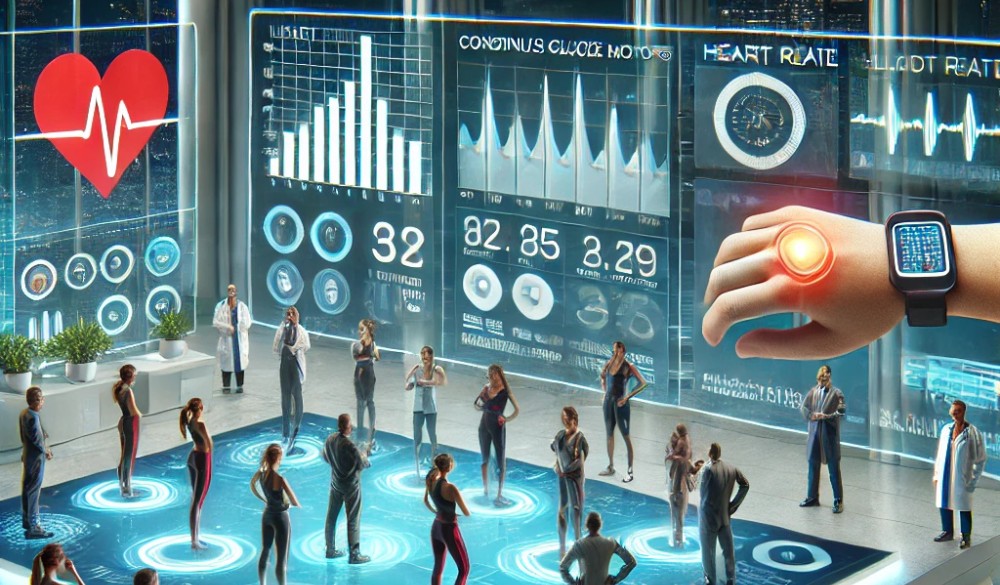UK: Monitoring technology in social care could save over £1.2bn

The UK's National Health Service (NHS) could potentially save over £1.2 billion through the widespread adoption of innovative, non-intrusive lifestyle monitoring technology in social care. A recent report highlights that this technology could help prevent over two million hospital bed days by 2035, freeing up capacity equivalent to 10,000 additional full-time carers.
With an aging population and an increasing care deficit, the need for urgent digitization across the health and social care sector has never been more critical.
How does it work?
Lifestyle monitoring technology works by continuously tracking patterns of behavior and key health indicators such as movement, eating habits, and bathroom activity. These insights allow caregivers to monitor individuals remotely and identify changes that could signal declining health.
For instance, the technology can help detect early signs of conditions like urinary tract infections, which are known to result in hospital admissions.
As Kelly Hudson, CEO of Lilli, notes, "Right now, the people who need care are not getting the help that they should, and the problem will only get worse as the population ages."
Why does it matter?
The potential impact of adopting lifestyle monitoring technology is significant. By enabling earlier discharges from hospitals, the technology could save the NHS up to £1.2 billion over the next decade, which is enough to fund the salaries of 2,000 nurses.
In addition, it could prevent many thousands of patients from experiencing prolonged hospital stays, which are associated with increased risks of infection, adverse drug reactions, and readmissions. Furthermore, local councils could save up to £3 billion by 2035 by helping people remain in their homes longer, thus reducing the need for more expensive residential care options.
As Rebecca Andrew from Nottinghamshire County Council explains, "Remote monitoring technology... helps build a clear picture of what is going on in a person's life and draw attention to any potential change in their social care needs."
The context
The call for digitization in social care aligns with recent commitments from the government to accelerate the adoption of technology in health and social care. The report commissioned by health-tech company Lilli outlines the cascading benefits of this proactive approach for local councils and also for the NHS and the broader health system.
With the UK's older population projected to grow by millions over the next decade, there is an urgent need for scalable and sustainable solutions to meet increasing demand. The alternative, as the report cautions, is a "broken system" that continues to react rather than prevent, ultimately failing those who need care the most.
As Hudson further emphasizes, "We are urgently calling for more support for the sector to adopt a technology-led approach to better support the people in need, reduce wasted costs, and deliver better outcomes."
The momentum for change is clear, but the challenge lies in how quickly and effectively these digital solutions can be implemented to safeguard the future of social care in the UK.
💡Did you know?
You can take your DHArab experience to the next level with our Premium Membership.👉 Click here to learn more
🛠️Featured tool
 Easy-Peasy
Easy-Peasy
An all-in-one AI tool offering the ability to build no-code AI Bots, create articles & social media posts, convert text into natural speech in 40+ languages, create and edit images, generate videos, and more.
👉 Click here to learn more


